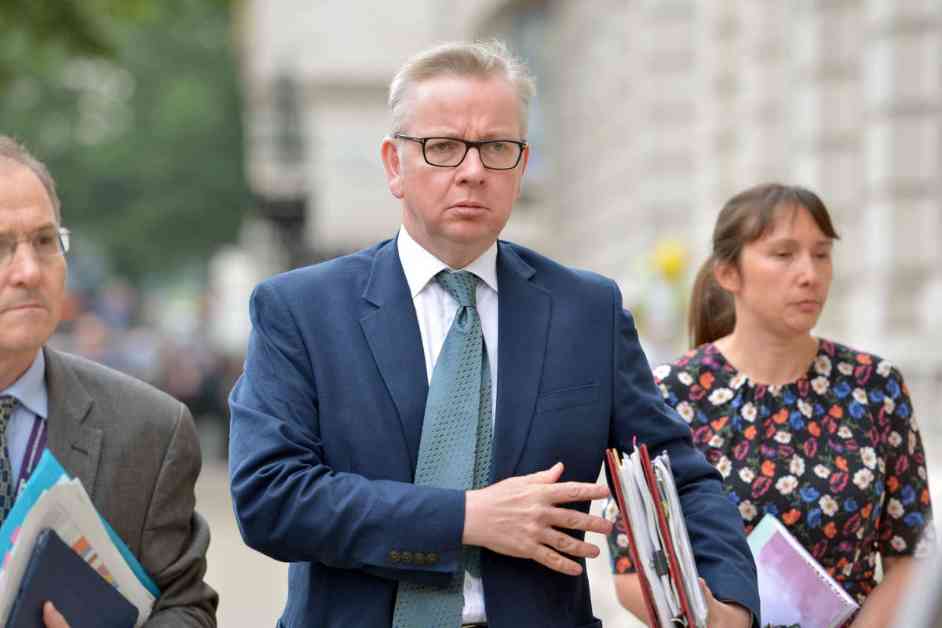Michael Gove has recently shown his support for Labour peer Peter Mandelson in the race for the next chancellor of Oxford University, choosing him over former Tory leader William Hague. This decision has sparked a battle between the two political heavyweights vying for the prestigious position.
In a campaign video reposted by Mr. Gove, Lord Mandelson highlighted his experience as the chancellor of Manchester Metropolitan University, emphasizing that he is the most qualified candidate for the role. Despite their differing opinions on Brexit, with Lord Mandelson being a vocal opponent of the UK’s departure from the EU and Mr. Gove spearheading the Brexit campaign, Gove’s endorsement of the Labour heavyweight is significant.
However, Lord Hague has raised concerns about Lord Mandelson’s ability to fulfill the responsibilities of the chancellor while also pursuing his aspirations to become the UK’s ambassador to the US. Hague emphasized the importance of being actively present in Oxford, engaging in fundraising efforts, and promoting the excellence of the university. He argued that the role of chancellor has evolved to require more than just a ceremonial figurehead, necessitating frequent physical presence and energetic involvement.
Lord Hague also rejected Lord Mandelson’s assertion that it was time for a Labour chancellor, emphasizing that the position should not be monopolized by Tories and highlighting the need for diversity in the role. Despite the ongoing debate and differing perspectives, the race for the chancellorship of Oxford University continues to be a closely watched contest.
As the competition between Peter Mandelson and William Hague intensifies, the decision of key figures like Michael Gove carries significant weight in shaping the outcome. The role of chancellor at Oxford University is not only a ceremonial position but also entails active engagement, fundraising, and representation of the institution on a global scale. The debate surrounding the suitability of candidates and the evolving nature of the chancellor’s responsibilities underscores the importance of selecting a candidate who can effectively lead and promote the university in a rapidly changing landscape.












